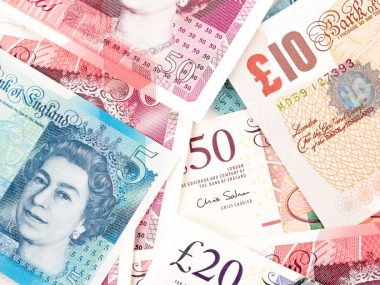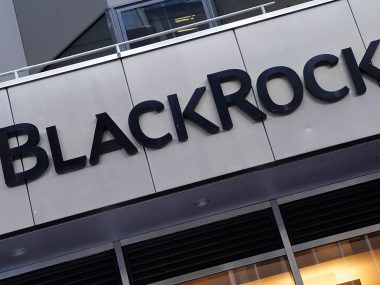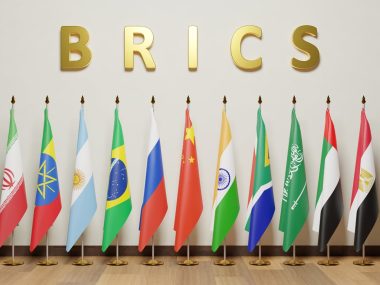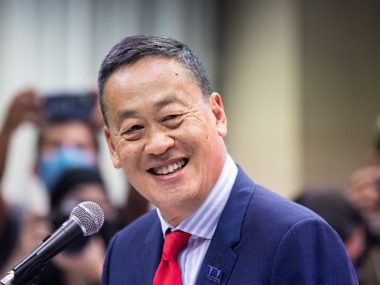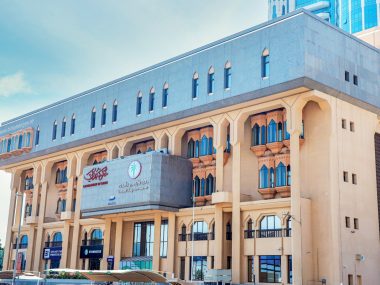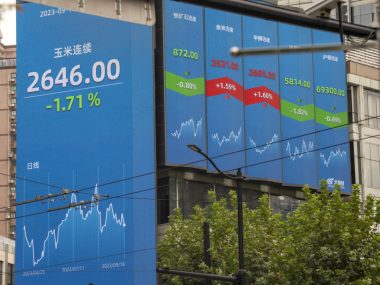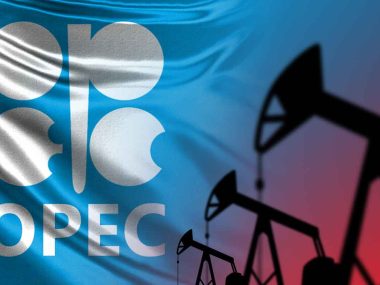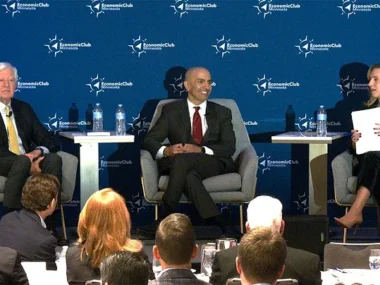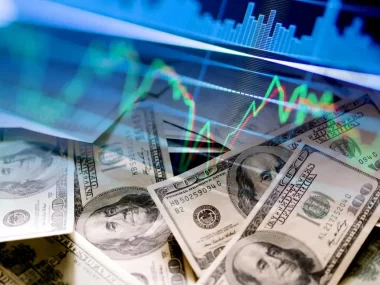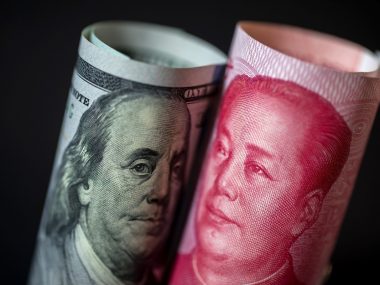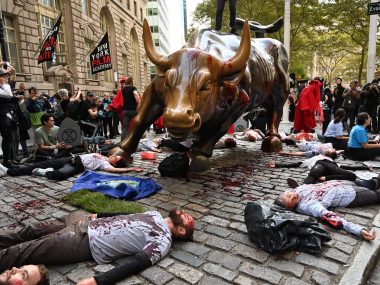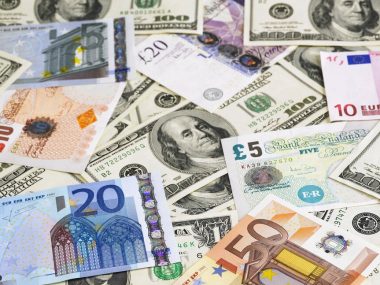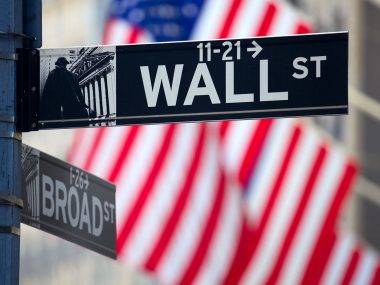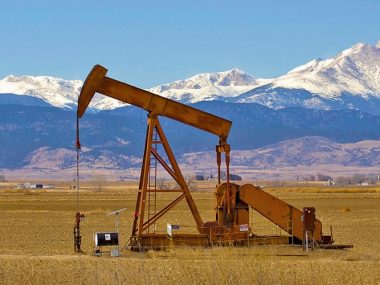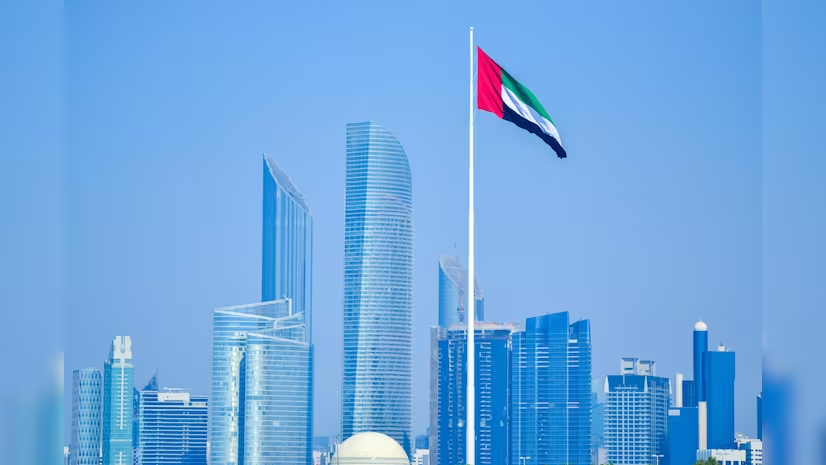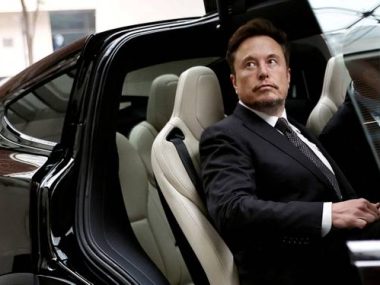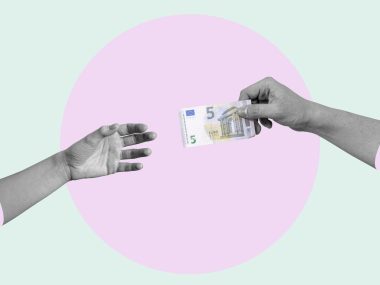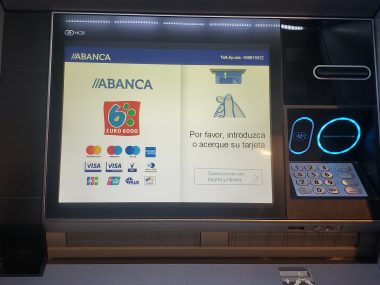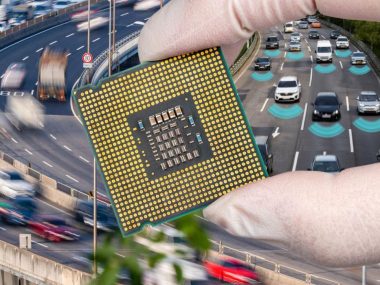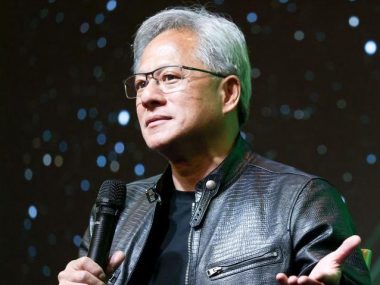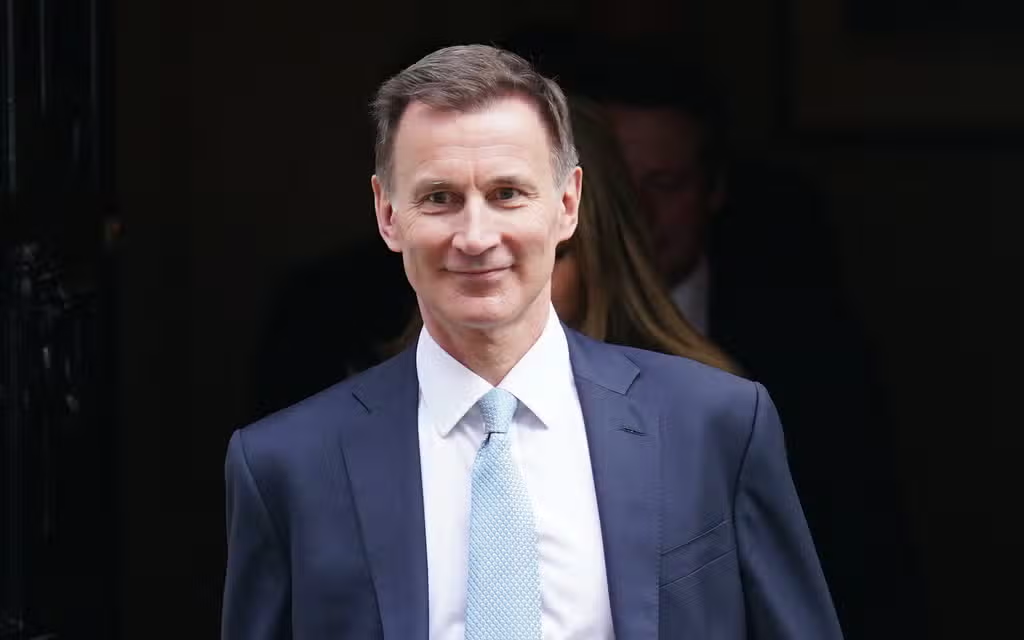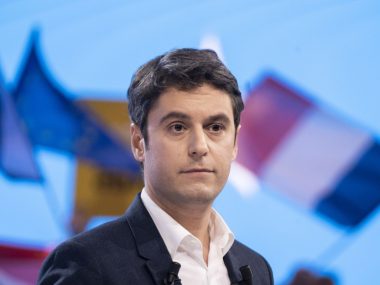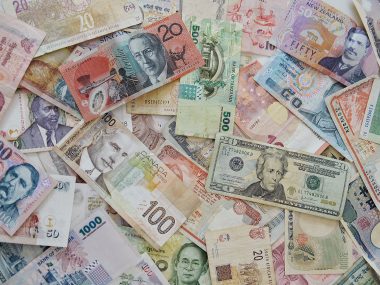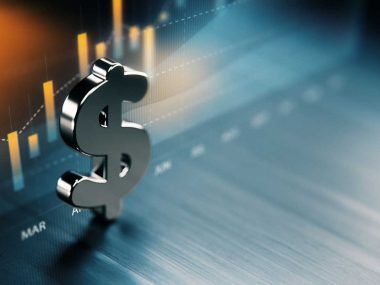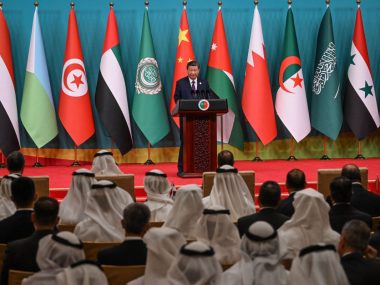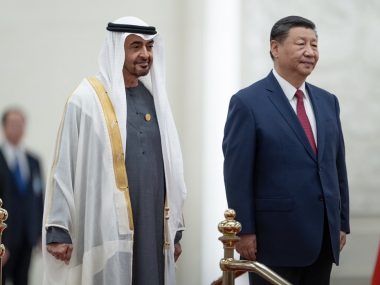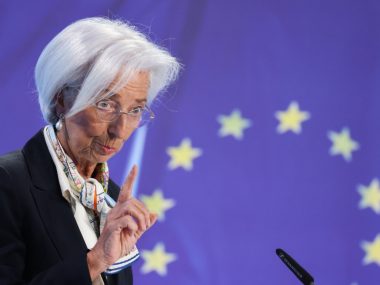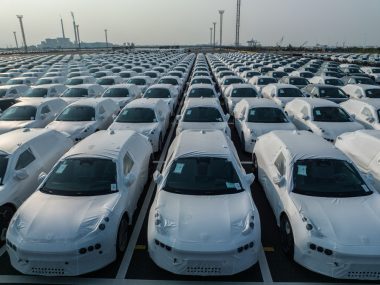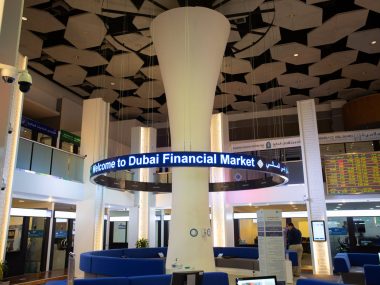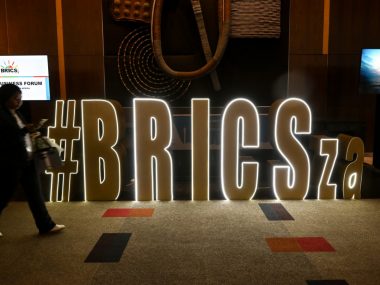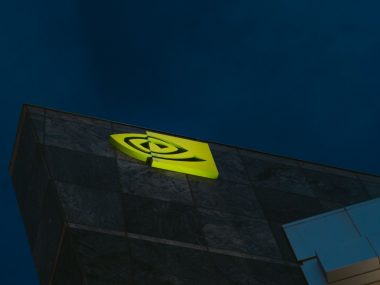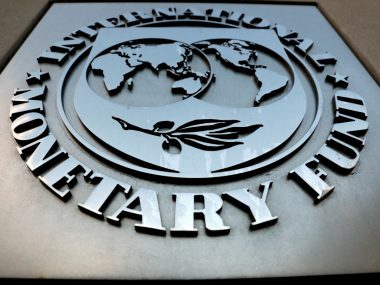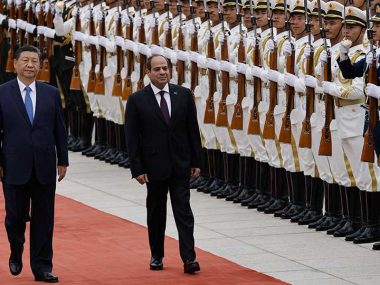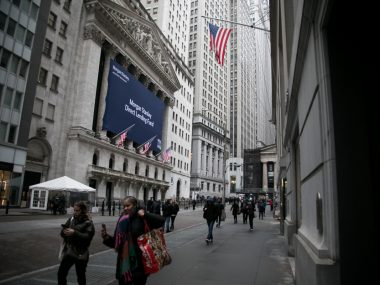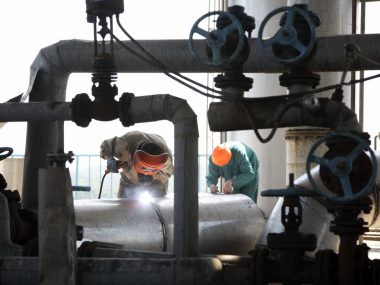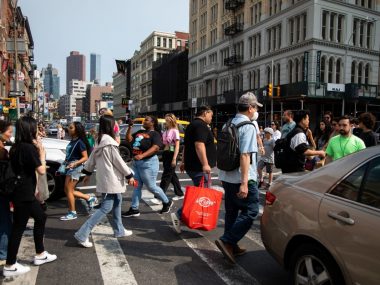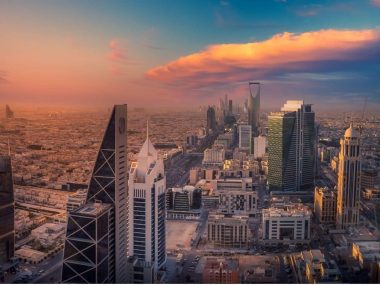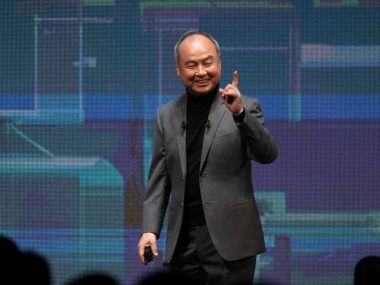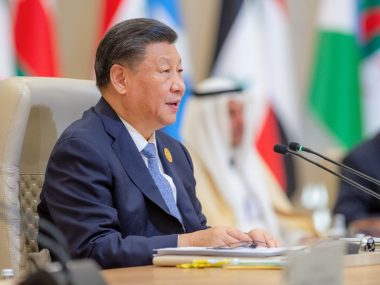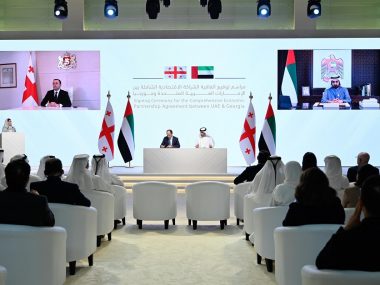|
Neubauer Coporation
Getting your Trinity Audio player ready...
|
A few weeks ago, someone planted an explosive in his house. And there are few people in the world more hated and with more black legend than George Soros… By Michael Steinberger
Soros, who founded the Open Society Foundations, is the paradigm of financial speculation and the power in the shadows of the markets. At the end of his life he has decided to dedicate the time he has left and his immense fortune to fighting for the survival of liberal democracy. The same one that, according to his critics, helped him falter. This morning he is going to offer his ideas for saving the European Union.
Soros, 88, takes the stand with a determined step; It is known that he continues to play tennis several times a week. At short distances he displays charm and a sardonic sense of humor, but his speeches come off a bit dull. In his view, the European Union is facing “an existential crisis” and he adds: “We may be heading towards another major economic crisis.”

Following his words, the Dow Jones index plummeted almost 400 points that day. The reaction shows once again his incredible ability to influence the markets , but also his great frustration: his economic ideas are more influential than his political reflections. And yet, Soros has made his biggest bets on the political environment. After the fall of the Berlin Wall, he invested hundreds of millions of dollars in the countries of the former Soviet bloc to promote civil society and liberal democracy. Theirs was a small Marshall Plan for Eastern Europe, an unprecedented private initiative.
However, his liberal cause is not going through its best moments today. Under Vladimir Putin, Russia has returned to autocracy, and Poland and Hungary are moving in the same direction. With Donald Trump and the push of right-wing populists in Western Europe, Soros’ idea of liberal democracy is threatened. He even believes that the goal into which he has poured almost all of his money and the last part of his life may fail. And there’s more: he has become the favorite scapegoat of reactionaries around the world. “I still stand by the same principles, win or lose, but unfortunately lately I’m losing the battle in too many places at once,” he says.
The night before his talk in Paris I had dinner with him in his suite at the Bristol Hotel. Soros is sitting at the table with his wife, Tamiko (Soros has been married three times and has five children; it is his parallel to Trump). I find him animated and eager to talk. A storm breaks out over Paris while we debate Russia. Russian state media has been blaming him for years, and in 2015 Putin banned his philanthropic organization, the Open Society Foundations (OSF), saying it put national security at risk.

Paris is Soros’ first stop on his new tour of Europe, which will last a month. Normally I would visit Budapest, but this time it will not be like that. Hungarian Prime Minister Viktor Orbán – a former protégé – has made Soros his main opponent. He accuses him of flooding Hungary with Muslims and has plastered the country with anti-Soros posters. For Soros, Orbán’s electoral victory was “a great disappointment,” but he clarifies: “When I look at who my enemies are, I tell myself that I’m probably not that far off the mark.”
18,000 million for the cause
Soros, far from giving up the challenge, has increased his bet. Last fall he announced that he would direct all of his savings—$18 billion—to nourish OSF’s coffers. With that move, OSF would become the second largest American philanthropic organization, after the Bill & Melinda Gates Foundation. We are talking about an already enormous entity, with 1,800 employees in 35 countries and an annual budget close to one billion dollars. It funds projects in education, public health and immigration, among other areas, and subsidizes organizations such as Human Rights Watch and Amnesty International.
«I tend to anticipate less optimistic events. “That was very useful to me in the financial world and I have taken it to politics.”
Soros’ initial plan was to close OSF in 2010. But he changed his mind: “Realizing that I had more money than I could spend in the remaining years of my life.” He also thought that, at a time when liberal values and civil society were at risk in the world, OSF’s work was essential. “I told myself I had a mission, a purpose in life,” he says as we finish dinner.
In 1946, when the communists were about to seize power in Hungary, Soros fled to England. He studied at the London School of Economics, where Karl Popper was a professor. In 1945, Popper had published a political treatise, The Open Society and Its Enemies, where he denounced totalitarianism, whether fascist or Marxist, and called for the defense of liberal democracy.
Popper’s teachings became Soros’s cause. But first he had to earn money. In 1956 he left for Wall Street; According to what he tells me, his intention was to save one hundred thousand dollars in five years, leave finances behind and dedicate himself entirely to intellectual activity. But, he jokes, “I over-braked, and things went better than expected.”
In 1969, Soros created what would later become the Quantum Fund. It was one of the new investment vehicles known as hedge funds , put at the service of institutional investors and wealthy individuals who made use of leverage – borrowed money – to bet big by investing in stocks, currencies and assets in general. . Quantum was a huge success; It generated annual profits of 40 percent. Soros later said that his strength as an investor was recognizing “the moments when you lose your balance.” (His eldest son, Robert, would later point out that his father sensed that the market was going to boil when he suffered severe back pain.)
Confessed ‘Messianic’
By the end of the seventies, Soros was already very rich and had the means to transform history. He did not hide his ambitions, but he also knew how to laugh at himself. In 1991 he published the book Underwriting democracy, where he explained: «I have always been a declared egoist, but the simple desire to get rich is a goal that does not fully satisfy my inflated ego. I’m going to be completely honest: as a child I already harbored excessive messianic fantasies. After succeeding on the material level, I told myself that now I could give in to my fantasies… to a certain extent.
«Liberal democracy is in danger. Loses steam. The non-liberal one, like that of Orbán in Hungary, is more effective»
He decided that his goal would be to open up closed societies. In 1979 he created a philanthropic organization, the Open Society Fund, and soon concentrated his efforts on Eastern Europe, where he began funding dissident groups. In an ingenious operation he sent hundreds of Xerox photocopiers to Hungary, to facilitate the dissemination of the clandestine groups’ newsletters. In the late 1980s he provided scholarships to dozens of students to foster the emergence of a generation of liberal democratic leaders. One of the beneficiaries was Viktor Orbán.
In parallel, Quantum was transforming into a colossus that moved billions of dollars. His most famous trade took place in 1992, when he bet against the pound sterling. Soros said that the United Kingdom was in recession and that the British Government would eventually bow to the devaluation of the pound. The order he gave was brief: “Go for the jugular.” On Wednesday, September 16 – Black Wednesday – the Bank of England threw in the towel and stopped supporting the value of the pound. The currency sank and Soros made it clear that he was capable of punishing governments in a world where capital ran freely. The operation resulted in a profit of 1.5 billion dollars for Quantum, and Soros, whom the British press dubbed ” the man who brought the Bank of England to its knees”, became famous throughout the world .
The indigestion of ‘Uncle George’
While that was happening, the Soviet empire had collapsed and Soros was pouring a lot of money into easing the transition from the former communist regimes. Western triumphalism knew no limits at that time, and it seemed inevitable that Russia and other nations would embrace liberal democracy. But Soros wasn’t so sure. “I am inclined to get ahead of myself and see the less optimistic perspectives,” he tells me. This is a personal trait that has been very useful to me in the markets and that I have carried into the political world.
During the 1990s, Soros alternated his daily work with his philanthropic activities , and it was not always easy to differentiate between the two spheres. In fact, for a time, Quantum and OSF operated from the same headquarters. Soros described this two-headedness graphically, writing that it felt like “a gigantic digestive tube that absorbs money from one end and expels it from the other.”
Indigestion seemed inevitable… and it came in 1997, when Quantum found itself at the center of a speculative attack on the Thai baht. The aggression was identical to the one undertaken against the pound (Quantum this time obtained profits close to 750 million dollars). But there was a fundamental difference: Great Britain was a large industrialized nation that did not have many problems overcoming the blow. Instead, the consequences of the attack on the Thai currency were devastating and spread to other Asian nations . Malaysian Prime Minister Mahathir Mohamad called Soros and others “unscrupulous profiteers.” Soros publicly defended himself against this criticism, but when investors went after the Indonesian rupiah in 1997, Quantum was not among those involved, nor did it join the hedge funds that went after the Russian ruble a year later.
In a talk to students and professors at the University of Moldova in 1994, Soros described in very personal terms the reason he became a political philanthropist . His goal, he said, was to make Hungary “a country I wouldn’t want to emigrate from.” To achieve this, he flooded Hungary with money after the fall of the Berlin Wall. In the early 1990s, Soros also cultivated a circle of young activists. Among them was Viktor Orbán, an intelligent and charismatic student, an ardent defender of democracy… or so it seemed. In addition to providing Orbán with a scholarship to study at Oxford, Soros donated to Fidesz (the Alliance of Young Democrats), a student organization that Orbán helped create and which is at the root of his later political party.
However, Orbán moved to the right and became closer to Putin. When the refugee crisis broke out in Europe, tens of thousands of refugees arrived at the Hungarian border. Orbán’s government installed a 150-kilometer fence and ignored the European Union, which forced his country to assume a quota of asylum seekers.
The refugees gathered in front of the border with Hungary had the help of several groups partially financed by OSF, and this was the pretext used to declare war on Soros. During a rally in Budapest, Orbán referred to him as “Uncle Jorgito” and said: “We are fighting an enemy that does not operate openly, but in a hidden way; who does not speak clearly, but resorts to tricks and tricks; that he is not national, but international; that he speculates with money; that he lacks a homeland, but he considers himself the owner of the world.
With the classic bipartisanship
In the United States, Soros has donated large sums to Democratic candidates and progressive campaigns. He financed John Kerry’s bid for the presidency and was an early backer of Barack Obama’s campaign in 2008. When we talk in Paris, Soros tells me that “Obama was the one who disappointed me the most.” At the moment he clarifies that what he felt was undervalued on a professional level. He did not aspire to hold a position in the Administration, but he did aspire to consult. However, they denied him access to the Presidency.
«Obama slammed the door in my face. He phoned me once. The call lasted eight minutes.
“Obama slammed the door in my face,” says Soros. He phoned me once to thank me for my support; “The call was scheduled to last no more than five minutes, but I asked questions and started talking, which made the call last eight.” She adds that she was a victim of an Obama personality trait. “He assumes that his supporters will support him forever and he prefers to dedicate himself to seducing his opponents.”
During the 2016 election cycle, Soros provided more than $25 million to Hillary Clinton and other Democratic candidates and causes. Our man wasn’t ruling out the emergence of a Trump-like figure, but he was stunned when that figure turned out to be Donald Trump himself. “I was terrified that Trump would blow up the world in response to any blowback to his narcissism,” he explains. But he breathed a sigh of relief when the president’s ego finally led him to make peace with North Korea. “I think the danger of nuclear war has been greatly reduced, which is a big step forward.” During his speech in Davos this year, Soros characterized Trump as “a purely temporary phenomenon that will fade in 2020, if not sooner . ” Likewise, he predicts a resounding Democratic electoral victory in the imminent parliamentary elections. “For every convinced Trump follower, there is more than one opponent willing to do whatever it takes to wipe him off the political map,” he says.
Soros’ main objective is a return to classic bipartisanship, that is, for Republicans to reform and become more moderate. “I don’t particularly want to be a democrat,” he says. And he goes so far as to say that he would be willing to provide financial support to moderate Republican figures like Lisa Murkowski and Susan Collins, although he immediately rectifies: “You better not say that, I could harm them.”
The fathers of ‘philanthrocapitalism’
Although Soros is clearly located on the left on many social issues – he is in favor of expanding public healthcare – he arouses misgivings among some leftists.
“The ‘Trump phenomenon’ will end in 2020. For every one of his followers, there is more than one opponent willing to do anything to wipe him off the map”
Soros is at the forefront of what is called ‘philanthrocapitalism’, that is, the large-scale social investment undertaken by ultra-millionaires such as Bill Gates and Mark Zuckerberg. Their critics argue that their initiatives involve the privatization of social policies and that, given the enormous tax advantages that charities have, the public sector is left without receiving funds that could be dedicated to welfare policies.
When I ask him about his ideology, Soros laughs and responds: “My ideology is non-ideology. “I belong to the club of those who do not belong to any club.” Maybe it’s center-left? I insist. He thinks about it and says that it is not clear, because the left has moved further to the left, and he does not like that. “I am against the extreme left,” he adds. Those on the extreme left would do well not to keep pace with those on the extreme right.
While having lunch with Soros, I mention that some political commentators draw an invisible line between Black Wednesday (which Soros caused by devaluing the pound) and Brexit . They argue that the 1992 crisis strengthened the Eurosceptics in the British Conservative Party. I ask Soros what he would say to a Brexit supporter perhaps confused by my interviewee’s seemingly contradictory roles: the same man who starred in Black Wednesday is a staunch defender of European integration and has donated more than $500,000 to the Best for Britain group. Which proposes holding a second referendum.
His tone when responding suggests that for him the answer is weighty: “It is the same difference that exists between my work with the markets, where I am only interested in doing things well and making money, and my political commitment, my defense.” of those things in which I truly believe.
His response reflects Soros’ dilemma perfectly, as the financial sector and hedge fund titans like him have contributed to worsening inequality. Furthermore, he adds that if he had not gone for the British pound or the Thai baht , others would have. Which is an unquestionable truth (and, in fact, Quantum was not the only fund that he speculated with these currencies). But his response is far from satisfactory, especially after the destructive role that investment banks and hedge funds played in the 2008 crisis. The sector that made him a billionaire contributed significantly to endangering what Soros philanthropist has tried to achieve.

On the morning of July 5, I visit Soros in the Hamptons, the haven for millionaires near New York. Soros didn’t have time to play tennis this morning. He’s had to make a few urgent calls. Five weeks have passed since our meeting in Paris, and the Trump Administration has imposed new trade sanctions on China and tariffs on products from Canada and the European Union. How do we explain that markets and the economy in general are resisting the possibility of a global trade war, the bankruptcy of the Atlantic Alliance and political disruptions in Washington? Soros responds that all of this will eventually drive the markets lower, although he doesn’t know when. “I have lost the ability to anticipate the markets,” he adds with a smile. Now I’m just a fan.” I feel like Roger Federer has just revealed to me that he no longer handles the racket well. Soros explains to me that the financial sector is no longer his priority and that he no longer follows market fluctuations as he once did. What interests him today is politics .
Soros is reflective. In his view, democracy is in danger because in many countries it has become sclerotic, incapable of responding to the needs of citizens. “It’s losing steam,” he summarizes. Illiberal democracy, of the kind promoted by Orbán in Hungary, is proving “more effective” for the moment. Newly minted autocrats have proven adept at winning over civil society to consolidate their power. “It is a less rudimentary way of exercising control than simply liquidating dissidents,” he says.
Today, Soros is clear that his inspiration, Karl Popper, was wrong about something fundamental. In a democracy, politics is not the attempt to arrive at the truth; What matters is obtaining and maintaining power, and manipulating public opinion to achieve it. “Popper was a philosopher of science, and science is the attempt to find out the reality of things,” Soros muses. I ask him what Popper, who died in 1994, thought about his political philanthropy. “He always supported me, in his own way, without taking my initiatives seriously,” he responds, laughing. “I don’t think he would like to know that I disagree with him today.”
«My ideology is non-ideology. “I belong to the club of those who do not belong to any club.”
Soros regrets some of the things he has said in the past. For example, when he spoke of the necessary “denazification” during the Bush Presidency. “I was probably wrong,” he admits. He assures that today he is more careful, that he avoids comparisons with the Third Reich and the use of the term ‘fascism’ to describe the political situation in the United States and Europe.
As I talk to Soros, I think I detect a certain vulnerability when he refers to his fortune and the opportunities that money has given him. “Money to me represents freedom, not power ,” she says. For a long time, money gave him the freedom to do and say what he wanted, and to ignore what people thought and said about him. But the opinion of others now begins to weigh on him. “I worry more about the image I project, because I don’t like those lies that spread about me,” he says. It is not easy for him to digest that he has become public enemy number one for so many people around the world. “I don’t like having so many enemies,” he says. “I wish I had more friends.”


